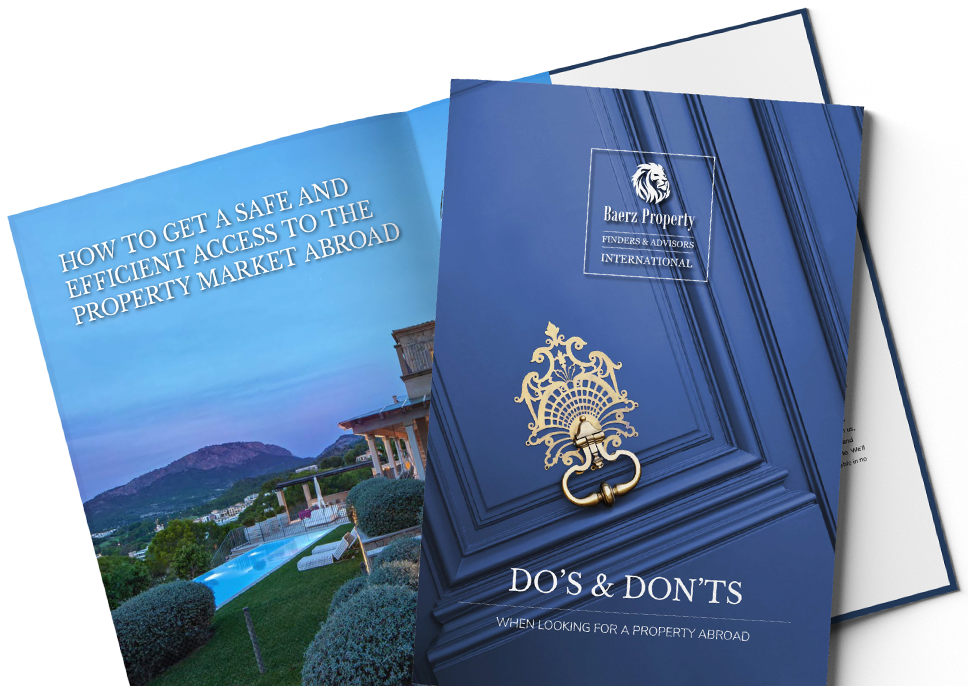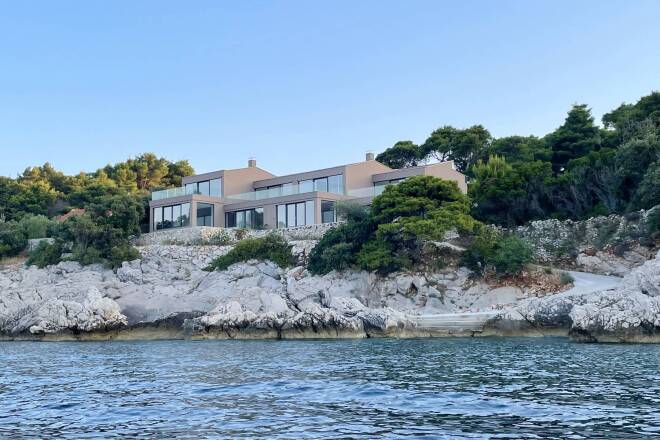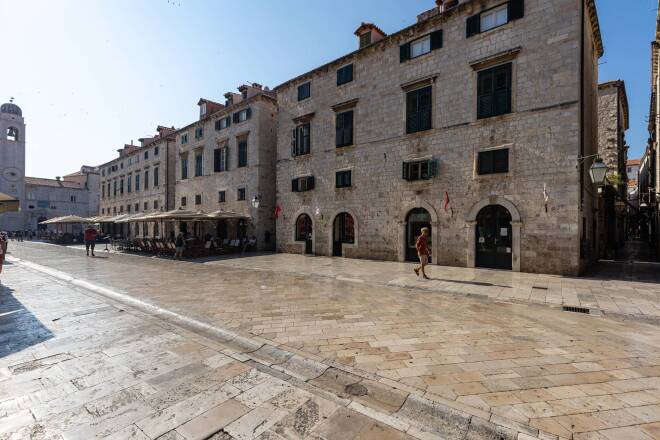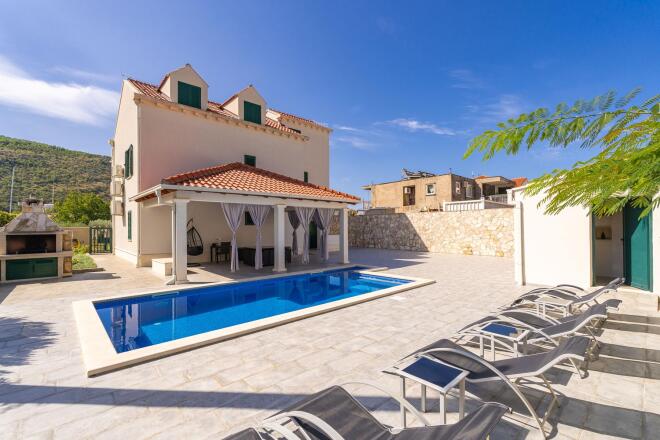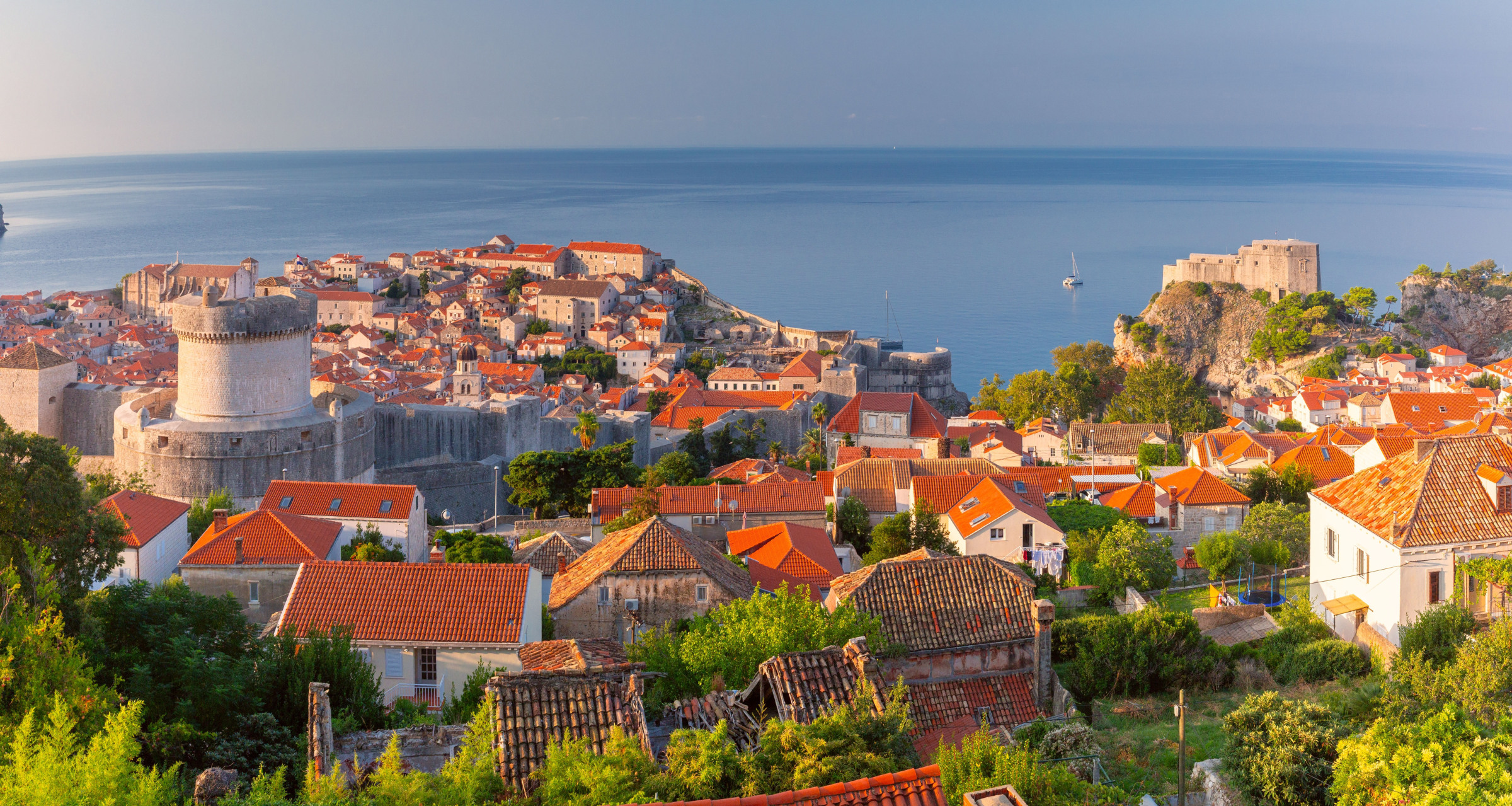
As propriedades de luxo de Vrgorac formam um mercado restrito, com oferta limitada que estimula a procura entre compradores exigentes. O ritmo das transações é estável, especialmente para quintas vinícolas e moradias privadas rodeadas de olivais. O perfil de comprador é composto, sobretudo, por particulares e family offices interessados em retiros genuínos ou investimentos estratégicos e duradouros, com potencial para valorização sólida.
O centro oferece arquitetura dalmática clássica, ruas estreitas e casas de época. Aldeias como Ravča e Veliki Prolog são valorizadas pelas paisagens e vocação agrícola, atraindo quem procura privacidade e vistas abertas. Vinhas e olivais permitem estilo de vida rural e iniciativas agrícolas personalizadas. Cada localização proporciona experiências distintas: do acesso a praças e mercados ao sossego do campo. O acesso continua a melhorar, com novas ligações rodoviárias ao litoral da Dalmácia e centros urbanos.
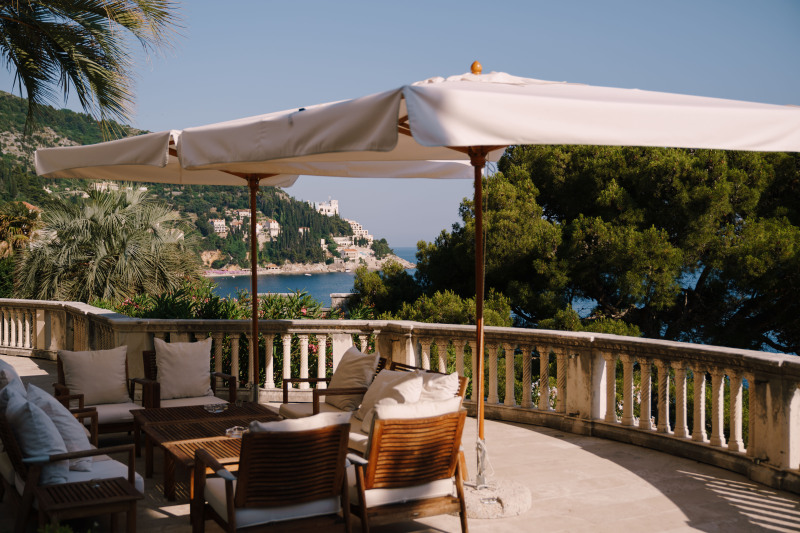
Vrgorac garante sossego para quem deseja o estilo de vida mediterrânico longe das multidões. Compradores, sejam nacionais ou internacionais, apreciam a privacidade, a genuína gastronomia e a ligação à natureza. Com praias do Adriático e o aeroporto de Split acessíveis, residências principais ou secundárias mantêm atratividade durante todo o ano. Muitas propriedades contam com extensos terrenos, proporcionando privacidade e espaço para pequenos projetos agrícolas próprios. Casas tradicionais renovadas mantêm o carácter histórico, enquanto vilas modernas priorizam conforto e eficiência. O processo de transação segue a legislação croata: análise do registo predial, verificação de titularidade, escrituras notariais e registo cadastral normalizado. Estrangeiros beneficiam do apoio de equipas especializadas na administração local, garantindo processos fluídos e regulares. Decisões acertadas exigem conhecer as dinâmicas de bairro, havendo imóveis no centro histórico que conjugam proximidade cultural com vistas panorâmicas e quintas nas encostas para mais privacidade e ruralidade. O mercado privilegia vendas discretas e movimentação constante, refletindo o padrão premium croata.
Trata-se de um processo simples para cidadãos da UE e muitos estrangeiros, embora pessoas de fora da UE possam necessitar de autorizações especiais. Agências e consultores locais são essenciais para navegar a documentação histórica e legal das propriedades. Se a papelada estiver em ordem, a transação normalmente conclui-se em poucas semanas.
Vrgorac desperta interesse tanto em visitantes sazonais quanto em quem procura refúgios rurais. Arrendamentos de luxo, sobretudo quintas reabilitadas e propriedades privadas, destacam-se na primavera e verão. Os proprietários recorrem frequentemente a agências especializadas, promovendo discretamente a casa a clientes que valorizam autenticidade e privacidade. As rentabilidades são moderadas, sustentadas pela crescente reputação da região e por eventos e festivais ao longo do ano.
A especificidade do mercado em Vrgorac impede que as melhores propriedades estejam listadas publicamente. Consultores experientes garantem acesso a estas oportunidades, avaliam com precisão e negociam num contexto onde privacidade e reputação são fundamentais. O seu apoio enquadra objetivos de investimento em ofertas autênticas e mitiga riscos em ambiente tradicional e exclusivo.
A atividade empresarial centra-se em produção vinícola boutique, propostas gastronómicas e turismo exclusivo em ambiente rural. Cresce a procura pela hospitalidade de excelência – resorts privados e projetos de agroturismo – alinhada com tendências de vida remota e turismo de experiências. O setor agrícola sólido favorece investimentos em produção orgânica e restauração de origem local. Boas telecomunicações permitem gerir negócios remotamente. Compradores internacionais encontram potencial tanto em reabilitação imobiliária como em projetos de arrendamento seletivos, tirando partido do carácter genuíno da região.
Vrgorac beneficia da integração croata na UE, de um sistema jurídico sólido e de estabilidade regional. Infraestruturas melhoradas e ligações com a autoestrada A1 tornam a mobilidade e o investimento mais convenientes. A gestão municipal valoriza a herança cultural e o turismo local prossegue de modo sustentável, preservando Vrgorac como destino fiável para quem procura qualidade de vida e investimento seguro.
Os custos em Vrgorac são inferiores aos das cidades costeiras croatas. Serviços públicos são acessíveis graças à gestão municipal eficiente. Pessoal de apoio, como jardineiros ou funcionários domésticos, tem valores competitivos na zona rural. Restaurantes e vinícolas de colina oferecem cozinha regional e receitas tradicionais, com especialistas em restauro disponíveis para manutenção de património. O perfil de custos é refinado e discreto, adaptado tanto para residências principais como secundárias.
Os residentes usufruem de uma convivência rica em tradição e conforto. O calendário cultural inclui festivais de colheita, mercados de artesãos e atuações nas praças históricas. Trilhos para bicicleta atravessam vinhedos e montanhas, enquanto experiências gastronómicas vão da mesa do produtor à prova de vinhos privada. O ambiente social é acolhedor e recatado, reunindo sentido de pertença e privacidade. Para quem preza um ritmo de vida equilibrado, Vrgorac oferece paisagens virgens e o autêntico modo de ser mediterrânico.
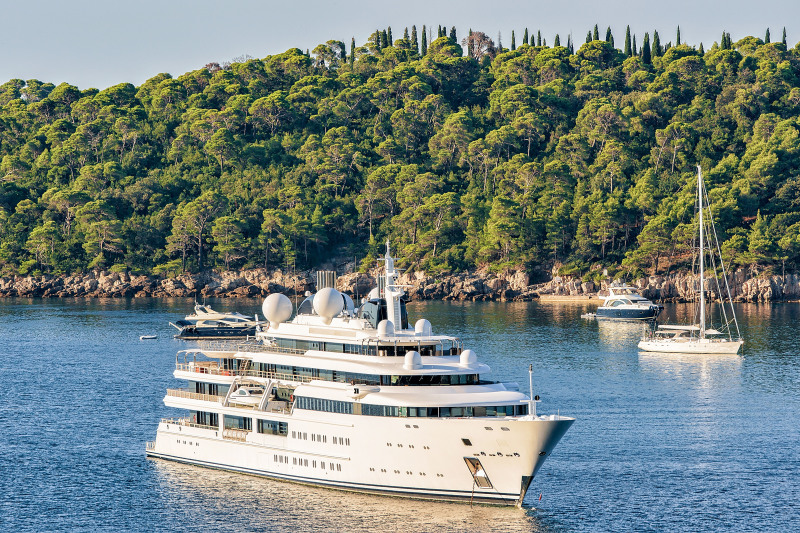
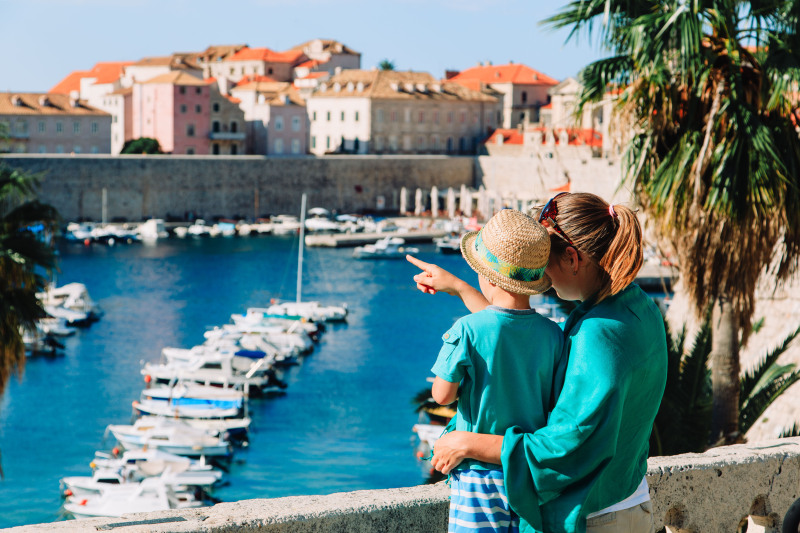
Vrgorac tem clima mediterrânico ameno, com verões quentes e secos e invernos suaves. A primavera e o outono proporcionam ótimas condições para explorar o campo, enquanto o verão oferece dias longos e ambiente ideal para lazer ao ar livre. O clima estável torna a região atrativa para viver durante todo o ano, especialmente para quem aprecia jardinagem, cultivo ou encontros em espaços abertos.
A seleção atual inclui propriedades de carácter patrimonial e residências contemporâneas que aliam comodidade moderna a elementos tradicionais. Cada imóvel é avaliado quanto ao valor arquitectónico, localização e privacidade, garantindo uma introdução autêntica à Dalmácia com elevado padrão de sofisticação.
